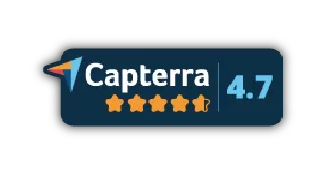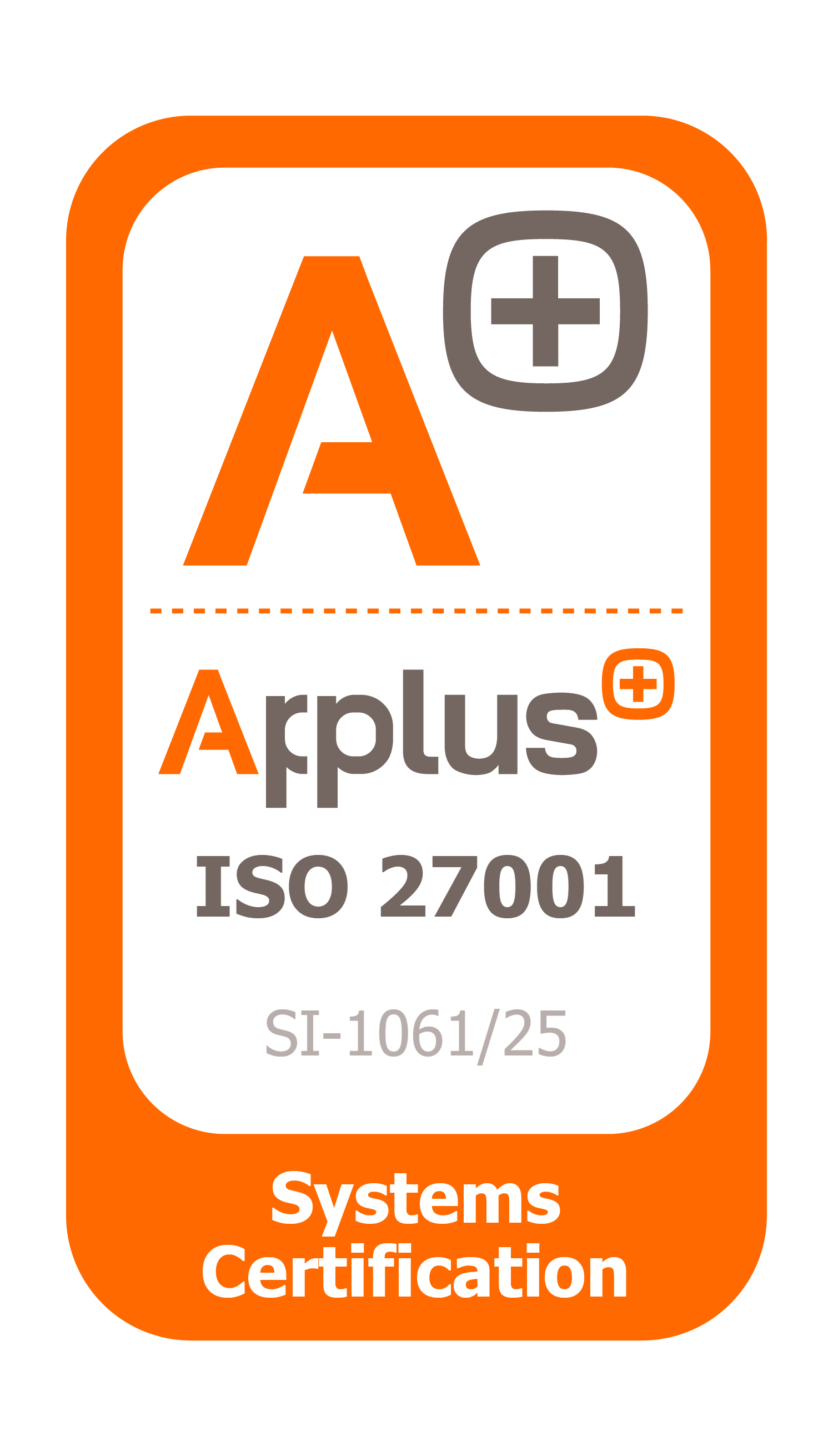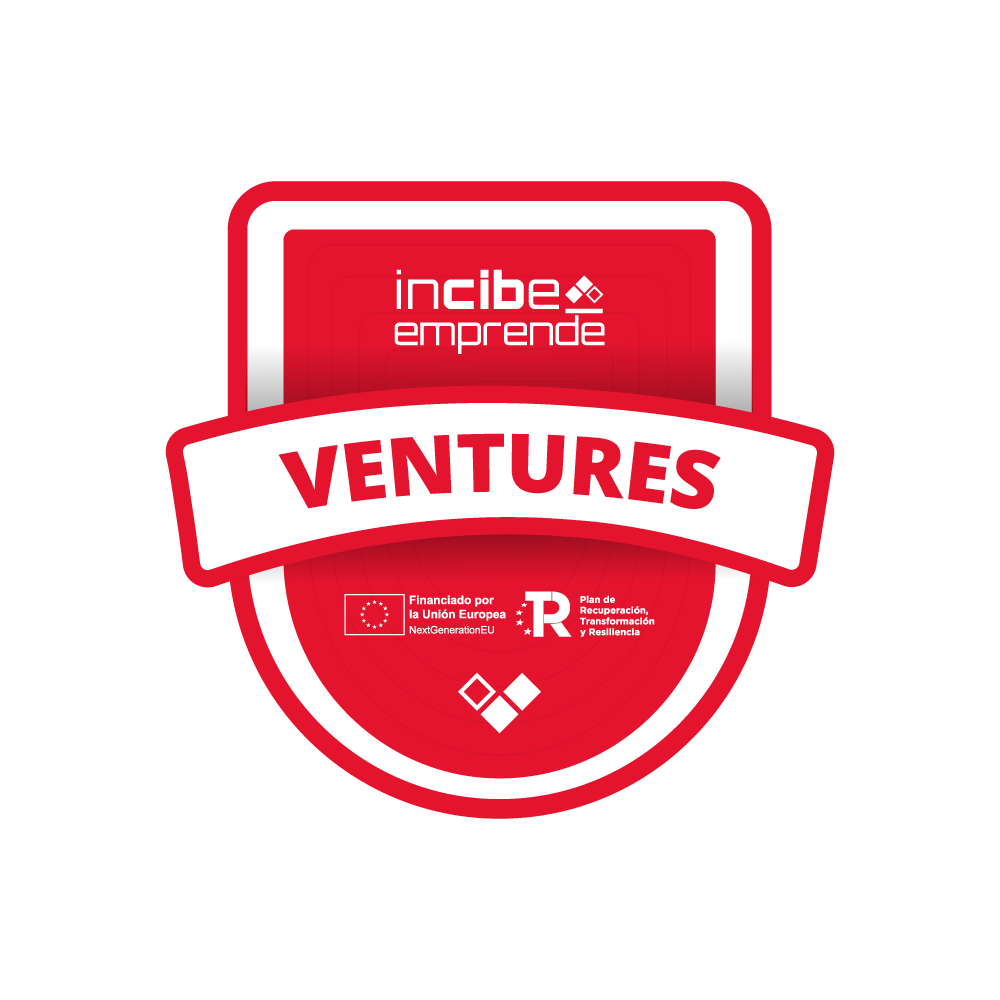In today’s work environment, where flexibility and efficiency are key, hot desking has emerged as a growing trend that promises to revolutionize the way companies manage their workspace. But what exactly is hot desking, and how can it benefit your office? In this article, we tell you everything you need to know about this innovative approach to workspace management.
What is Hot Desking?
Hot desking is an office management strategy where workers do not have a fixed desk assigned to them. Instead, desks are shared and assigned based on availability. This approach encourages more efficient use of workspace and adapts to the changing needs of the company. It not only allows for greater flexibility but also optimizes the use of physical space, reducing operational costs and fostering a culture of collaboration and dynamism within the organization.
Tracing back to the origins of the current concept of hot desking, and why it is named as such, we must mention «hot racking.» This concept originates from a practice in the U.S. Navy where, during sea voyages, all marines share sleeping places due to maximum space utilization, meaning bunks are not assigned to any marine but are a common space. Sound familiar?
And what does this have to do with hot desking? Well, marines are organized in shifts, so while some work, the rest use the bunks. It is here that the term «hot» comes into play, as marines coming off their shift find a sleeping space still warm from recent use.
Features of Hot Desking in Modern Offices
Hot desking in modern offices has several key features that distinguish it from traditional desk setups:
- Flexibility: workers can choose the workspace that best suits their daily needs. This might include quiet areas for concentration or collaborative spaces for teamwork. This flexibility allows employees to tailor their environment to the specific demands of their tasks, thus improving efficiency and job satisfaction.
- Advanced technology: for hot desking to be effective, it is crucial to have technological tools that allow for the reservation of workspaces. Platforms like Hybo facilitate this process, allowing employees to book desks and other resources in advance. Additionally, these tools can offer additional functionalities such as real-time occupancy monitoring, personal preferences management, and integration with other corporate systems.
- Space optimization: without fixed desks, workspace usage can be maximized, reducing unused areas and adapting the environment to the real needs of the company. This not only results in more efficient space utilization but can also contribute to a more dynamic and less congested work atmosphere.
- Corporate culture: hot desking promotes a culture of flexibility and collaboration. Workers interact with different colleagues daily, which can foster innovation and idea sharing. This constant interaction between different teams and departments can help break down information silos and promote greater organizational cohesion.
- Cost reduction: implementing hot desking can help companies reduce costs associated with maintaining individual desks and private offices. Savings can be reinvested in other areas of the company, such as employee training or improving technological infrastructures.
Advantages and disadvantages of implementing Hot Desking in your company
Like any management strategy, hot desking has its advantages and disadvantages. Below, we explore both aspects to help you make an informed decision about whether this approach is suitable for your company.
Advantages:
- Flexibility and adaptability: hot desking allows workers to tailor their workspace to their specific needs for the day, thus enhancing their productivity and job satisfaction. This flexibility is particularly beneficial in environments where tasks and needs can vary significantly from one day to the next.
- Space optimization: by making better use of the workspace, companies can reduce rental and maintenance costs, allocating those resources to other important areas. This can also mean less need for physical expansions, as the existing space is used more efficiently.
- Encouragement of collaboration: by changing locations regularly, workers have the opportunity to interact with different colleagues, which can foster collaboration and teamwork. This rotation can also help prevent conflicts and promote a more inclusive and cooperative work environment.
- Reduction of absenteeism: a flexible work environment can reduce absenteeism, as employees have more control over their work environment and can adapt it to their personal and professional needs. The ability to choose where and how to work can increase motivation and employee engagement.
- Attractiveness to talent: offering a flexible workspace can make your company more attractive to new talents who value flexibility and modernity in their workplace. In a competitive labor market, such advantages can be crucial for attracting and retaining top professionals.
Disadvantages:
- Lack of personalization: some workers may feel the lack of a fixed desk as a loss of personal identity and a sense of belonging. It is important to consider implementing customizable areas or lockers so that employees can store their personal belongings and maintain a degree of personalization.
- Availability issues: without proper management of workspace reservations, there can be conflicts and availability issues, causing frustration among employees. Implementing an efficient and easy-to-use system is crucial to avoid these inconveniences.
- Initial adaptation: the transition to hot desking may require time and effort for all workers to adapt to the new modality. It is important to provide the necessary training and support to facilitate this transition and ensure that all employees understand the benefits and how to make the most of the new system.
- Hygiene and maintenance: sharing desks can present challenges in terms of hygiene and maintenance. It is crucial to implement clear and responsible cleaning policies, and perhaps allocate time at the end of each day or week for a general cleaning of the workspace.
Is Hot Desking Suitable for All Companies?
Hot desking is not a one-size-fits-all solution for all companies. The suitability of this modality depends on several factors, including the type of work, organizational culture, and specific needs of the company.
- Type of work: hot desking is especially suitable for work environments where employees do not need to be physically present in one place all the time. This includes remote workers, sales teams, and employees who conduct many external meetings. However, in jobs that require fixed and specialized equipment, this modality may not be as effective.
- Organizational culture: companies with an organizational culture that values flexibility and innovation are better prepared to adopt hot desking. It is important that management and employees share the vision of a flexible work environment and are willing to adapt to new ways of working.
- Infrastructure and technology: implementing hot desking requires an investment in technology to manage workspace reservations and ensure that employees have access to the tools they need to be productive. The right technological infrastructure can make the transition smoother and more effective.
- Company size: larger companies may benefit more from hot desking due to the greater number of employees and the need to optimize workspace usage. However, small companies can also find value in this modality, especially if they are looking to maximize the use of limited space.
Final tips for properly implementing Hot Desking
If you decide that hot desking is right for your company, here are some tips to ensure a successful implementation:
- Planning and communication: Involve all workers in the planning process and clearly communicate the benefits and changes that will be implemented. Transparency is key to obtaining team acceptance. Hold informational meetings and provide educational materials so that everyone understands how the new system will work.
- Support technology: Use platforms like Hybo to facilitate workspace reservations and manage workspace efficiently. The right technology is crucial for the success of hot desking. Hybo, for example, offers advanced solutions for workspace reservations that can be integrated with other business management tools.
- Diverse spaces: Design your office with a variety of workspaces that include areas for collaboration, quiet zones for concentrated work, and meeting rooms. The diversity of spaces allows employees to choose the environment that best suits their daily needs. Consider also including rest areas and recreational areas to enhance the overall well-being of the team.
- Clear policies: Establish clear policies on desk use and space reservations. Make sure all employees understand how the system works and what is expected of them. Document these policies and make them accessible to everyone.
- Continuous feedback: Regularly collect employee feedback to identify areas for improvement and adjust the hot desking system as needed. Continuous feedback ensures that the system operates optimally and that employees are satisfied. Consider conducting periodic surveys and follow-up meetings to address any concerns or suggestions.
- Training and support: Provide ongoing training and support to help workers adapt to the new system. Proper training can reduce resistance to change and facilitate a smooth transition. Offer training sessions and create a user guide for employees to consult in case of doubts.
Conclusion
Hot desking represents a modern and flexible way to manage workspace that can offer numerous benefits to companies. Although it has its challenges, with proper planning and the use of the right technology, hot desking can transform your office into a more dynamic, efficient, and attractive place for workers. Implement these strategies and see how your company adapilizes and thrives in this flexible work environment.
Hybo is an excellent tool to manage and integrate hot desking in your company. With Hybo, you can easily manage workspace reservations, ensuring that your employees always have an appropriate workspace available. Hybo not only facilitates desk reservations but also provides detailed analytics on space usage, allowing you to optimize your office setup to maximize efficiency and employee satisfaction. Discover how Hybo can transform your office into a more flexible and efficient work environment. Visit our website and request a demonstration today to see how Hybo can help your company thrive in the era of flexible work.













